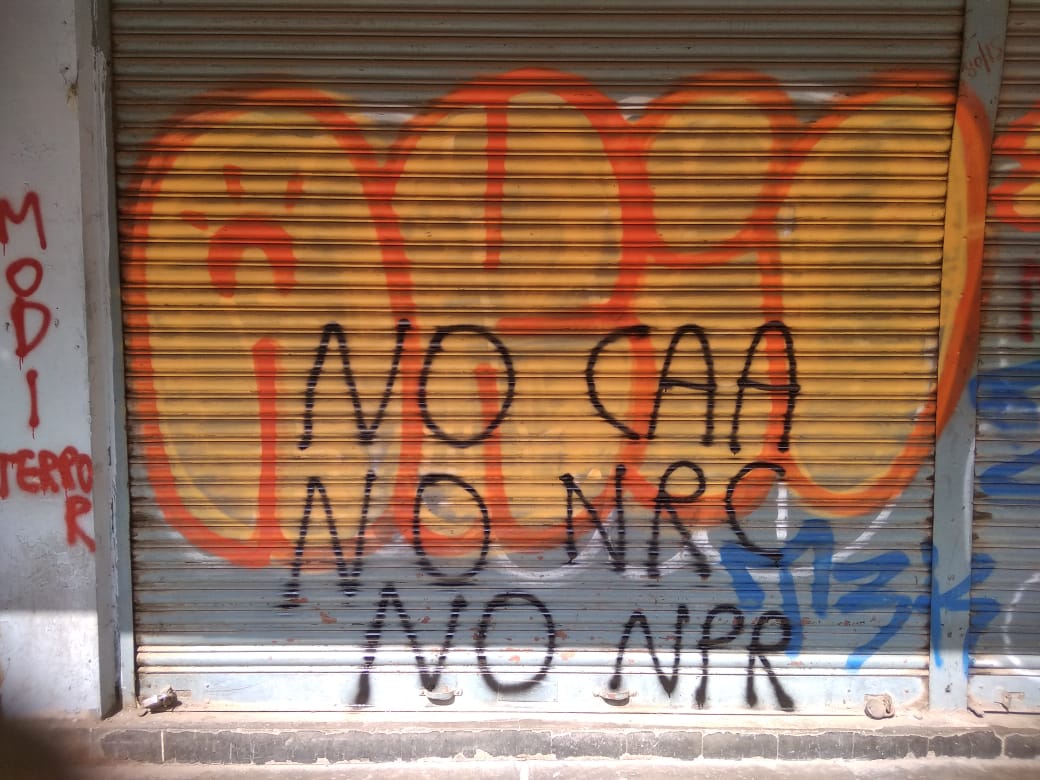The Centre informed the Rajya Sabha earlier this week said it has not taken any decision on the nationwide roll-out of the National Register of Indian Citizens (NRIC).
Union Minister of State for Home Nityanand Rai stated this in a written reply to Indian Union Muslim League (IUML) member Abdul Wahab, who asked whether the government had any plans to implement the NRC throughout the country.
“Till now, the government has not taken any decision to prepare the National Register of Indian Citizens at the national level,” Rai said in a written reply.
From December 2019-March 2020, as many as 69 persons were killed in various incidents in wake of the protests against the Citizenship Amendment Act (CAA), National Population Register (NPR) and National Register of Citizens (NRC).
On February 23, an anti-Muslim pogrom was unleashed in parts of North East Delhi. Over fifty people lost their lives, hundreds were injured, and thousands were left homeless.
The violence began after Bharatiya Janata Party (BJP) leader Kapil Mishra lashed out at anti-Citizenship (Amendment) Act sit-in protests in the area, giving the Delhi Police a three-day “ultimatum” to clear them.
An NRC has been compiled in the State of Assam which excluded names of 19.07 lakh applicants.
According to the Citizenship Amendment Act, members of Hindu, Sikh, Buddhist, Jain, Parsi and Christian communities who have come from Pakistan, Bangladesh and Afghanistan till December 31, 2014, and facing religious persecution there will not be treated as illegal immigrants but given Indian citizenship. The Act intentionally leaves out Muslims.
The BJP-led government has said the new law will be followed by a National Register of Citizens (NRC) which means Muslims must prove they were original residents of India and not refugees from these three countries. Non-Muslims listed in the law, by contrast, have a clear path to citizenship.
Related











































